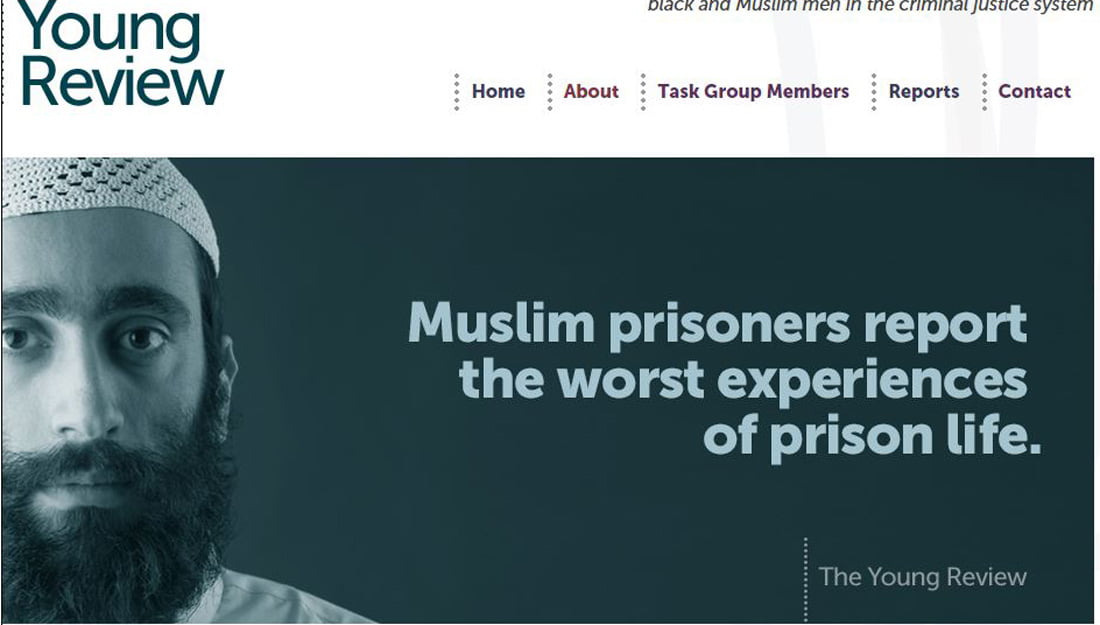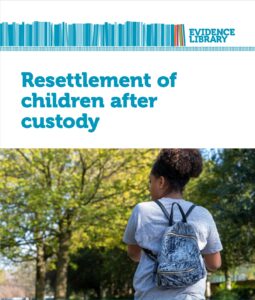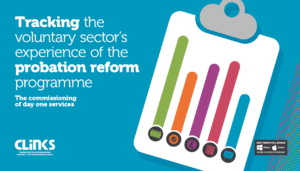Stereotyping at every point of the criminal justice system
The Young Review (published on 11 December 2014) is the most hard-hitting report on racial discrimination in the criminal justice system this millennium.
Formally titled “Improving outcomes for young black and/or Muslim men in the Criminal Justice System”, the report is mainly the work of the Black Training and Enterprise Group and Clinks, under the leadership of Baroness Lola Young of Hornsey (@LolaHornsey) and a specially convened task group. It makes for depressing reading.
[divider]
A series of damning findings
These are some of the stark findings from the Young Review which, as you can see, apply at every stage of the criminal justice system:
- There is greater disproportionality in the number of black people in prisons in the UK than in the United States (pretty staggering given what we know of race discrimination in the US CJS)
- 13.1% of prisoners self identify as black, compared with approximately 2.9% of the over 18 population recorded in the 2011 Census
- Similarly Muslim prisoners account for 13.4% of the prison population compared with 4.2 % in the 2011 Census.
- This figure has risen sharply since 2002 when Muslim prisoners were 7.7% of the prison population
- The proportion of offenders in the community under probation supervision from BAME backgrounds is 15.4%, with black offenders representing 6% and Asians representing 4.8%.
- BAME representation in the prison population is heavily influenced by age; there are proportionately many more young BAME male prisoners than older ones, with BAME representation in the 15-17 age group the highest at 43.7%.
- People from BAME backgrounds are more likely to plead not guilty and to be tried
- BAME prisoners are less likely to have enhanced status in the context of the incentives and earned privileges scheme
- Black offenders are more likely to reoffend than their white or Asian counterparts
- Muslims from all ethnic groups are more negative about prison life than non-Muslims. Black and mixed origin Muslims, in particular, report the least positive perceptions compared to all other groups
[divider]
Conclusions
The central conclusion of the report is that the Criminal Justice System’s approach to young black men of African Caribbean descent is based on the supposition that they belong to a gang, and that young Muslim men are, or soon will be, engaged in terrorist activity.
The Young Review identified five core principles to drive change:
- Ethnicity, faith and culture has a key role in promoting sustained desistance from crime.
- Leadership from government and statutory agencies is essential to ensure a proactive approach to diversity, inclusion and cultural competence and in the delivery of criminal justice services.
- The experience, understanding and knowledge that resides in communities is crucial in supporting offenders to desist in prison and through the gate.
- Commissioning frameworks must identify and address specific needs associated with young black and/or Muslim men.
- Systematic and meaningful consultation with service users that provides evidence of the reasons for and solutions to the disproportionate numbers of young black and/or Muslim males in the CJS.
The report is carefully argued and goes out of its way not to make excuses for criminal behaviour, but perhaps its most depressing finding is that politicians and policy makers seem to have little understanding of the many ways that cultural difference is played out in criminal justice processes and institutions. This seems to be one of the main reasons why racism has been so poorly addressed and why discrimination appears to be getting worse.
Perhaps it’s most appropriate to leave the final word to one of the young black prisoners interviewed for the Young Review:
“Many of us accept responsibility for our actions, which brought us here. We wish to be able to serve our sentences in a humane environment and to be able to return back into our communities and contribute to society. But if we leave prison disillusioned, downtrodden and mentally abused then all that occurs is the creation of angry men.”








